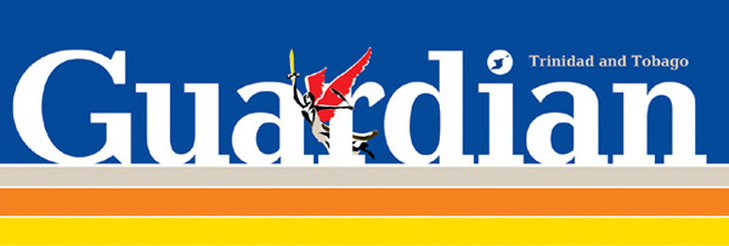What would T&T do? Would we be able to think and work our way to a reasonable and sustainable future? What would that even look like? For example, would it be possible to switch to solar and wind in a short period of time? Can we prepare for that now? How will our transport system be redesigned? Our education system? Our economic system? Our culture?
Now of course such changes have not happened (yet?). But this does not mean we shouldn’t be thinking about the possible futures we might want or face. Vernelle Noel, an MIT researcher in design computing and creative advancements in craft and technology, is one of many brilliant Trinbagonians we will need to tap in thinking about such futures.
Noel had a brilliant line in her recent TEDx talk at Queen’s Hall, in October that cuts to the heart of our nation’s problems both today and tomorrow. “We, as a country, value our ability to consume rather than our ability to create.” Before she went on to say: “If we don’t make, we don’t discover. We lose our opportunities to build communities.”
Building communities is a cultural endeavour. Noel’s words suggest by making we can shift the type of society we have built for ourselves—consumerism heavy, manufacturing light. We can shift the culture of consumerism through our labour. Taken to extremis it also suggests, as others have, we have built a society where relatively little of what we spend is on goods or products made here and much of our spending power gets converted and leaves.
Central Bank Governor Jwala Rambarran confirmed this with his comments on forex. Our retail and distribution sector used almost US$41.2 billion over the past three years (our manufacturing sector over the last two years used just under US$2 billion). He went on to mention in a subsequent interview that at least 80 per cent of the goods bought by local consumers are imported.
In political sociology Marxism suggests the economic base of a society—its means and relations of production—shapes and maintains the culture, rituals and social classes of the society produced. The base produces the superstructure of culture, specialisations of labour and the various ideologies that establish cultural hegemony and feed back into how civil society lives and justifies the world we make.
Now whether or not we agree with the Marxist vista, and many see it as overly reductionist, we might agree that amongst a number of different influences, our oil and gas money-trees from the capitalist gods have contributed to and shaped the socio-cultural development of our consumer society, the quasi-death of our manufacturing sector, and our failure to diversify over the last 40 years. For Marx these money trees would also be seen as generators of many of the social problems we face like crime rates, ecological destruction, and economic inequality.
So what are the options for the future? As many others have pointed out, agriculture is an important place to start the transformation of the society. Not to mention if there is one certainty above all others it is we need and should be able to feed ourselves without relying on imports. This is of course difficult in a world of food imperialism where large multinational corporations have all the power and can undercut local production costs. There are also trade laws we have signed up to explicitly designed to make Caribbean economies nothing more than markets for foreign goods while destroying their manufacturing sectors.
Why do we pander to such neocoloniality? Why can’t we move beyond trade agreements designed to enslave poorer nations to the world’s most powerful nations, and of which we had little chance of ever saying no to?
We are not big players on the world stage and as such we should worry about what we can change here at home. We need to have radical and localised ideas. Anyone and everyone who cares about T&T seems to get the need for us to remake our society in terms of agriculture, manufacturing and renewable energy. Will this Government be the one to recalibrate the direction we are heading or will they simply continue to hope the money trees don’t die on their watch?
http://m.guardian.co.tt/columnist/2015-12-20/money-trees

 RSS Feed
RSS Feed